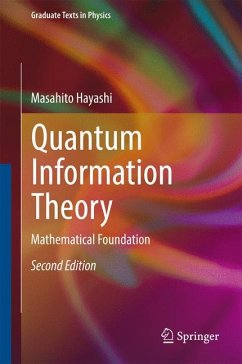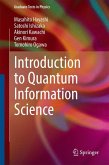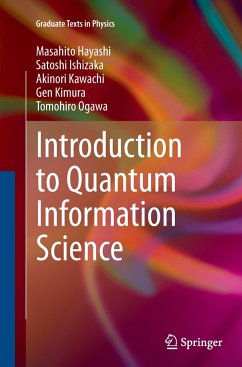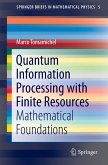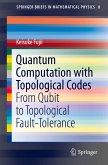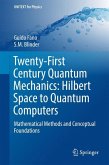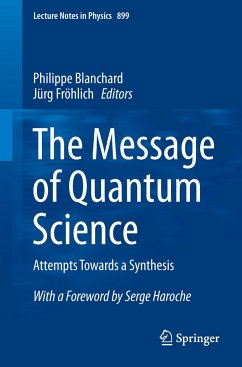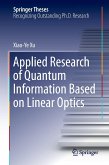This graduate textbook provides a unified view of quantum information theory. Clearly explaining the necessary mathematical basis, it merges key topics from both information-theoretic and quantum- mechanical viewpoints and provides lucid explanations of the basic results. Thanks to this unified approach, it makes accessible such advanced topics in quantum communication as quantum teleportation, superdense coding, quantum state transmission (quantum error-correction) and quantum encryption.
Since the publication of the preceding book Quantum Information: An Introduction, there have been tremendous strides in the field of quantum information. In particular, the following topics - all of which are addressed here - made seen major advances: quantum state discrimination, quantum channel capacity, bipartite and multipartite entanglement, security analysis on quantum communication, reverse Shannon theorem and uncertainty relation.
With regard to the analysis of quantum security, the present book employs an improved method for the evaluation of leaked information and identifies a remarkable relation between quantum security and quantum coherence. Taken together, these two improvements allow a better analysis of quantum state transmission. In addition, various types of the newly discovered uncertainty relation are explained.
Presenting a wealth of new developments, the book introduces readers to the latest advances and challenges in quantum information.
To aid in understanding, each chapter is accompanied by a set of exercises and solutions.
Since the publication of the preceding book Quantum Information: An Introduction, there have been tremendous strides in the field of quantum information. In particular, the following topics - all of which are addressed here - made seen major advances: quantum state discrimination, quantum channel capacity, bipartite and multipartite entanglement, security analysis on quantum communication, reverse Shannon theorem and uncertainty relation.
With regard to the analysis of quantum security, the present book employs an improved method for the evaluation of leaked information and identifies a remarkable relation between quantum security and quantum coherence. Taken together, these two improvements allow a better analysis of quantum state transmission. In addition, various types of the newly discovered uncertainty relation are explained.
Presenting a wealth of new developments, the book introduces readers to the latest advances and challenges in quantum information.
To aid in understanding, each chapter is accompanied by a set of exercises and solutions.

